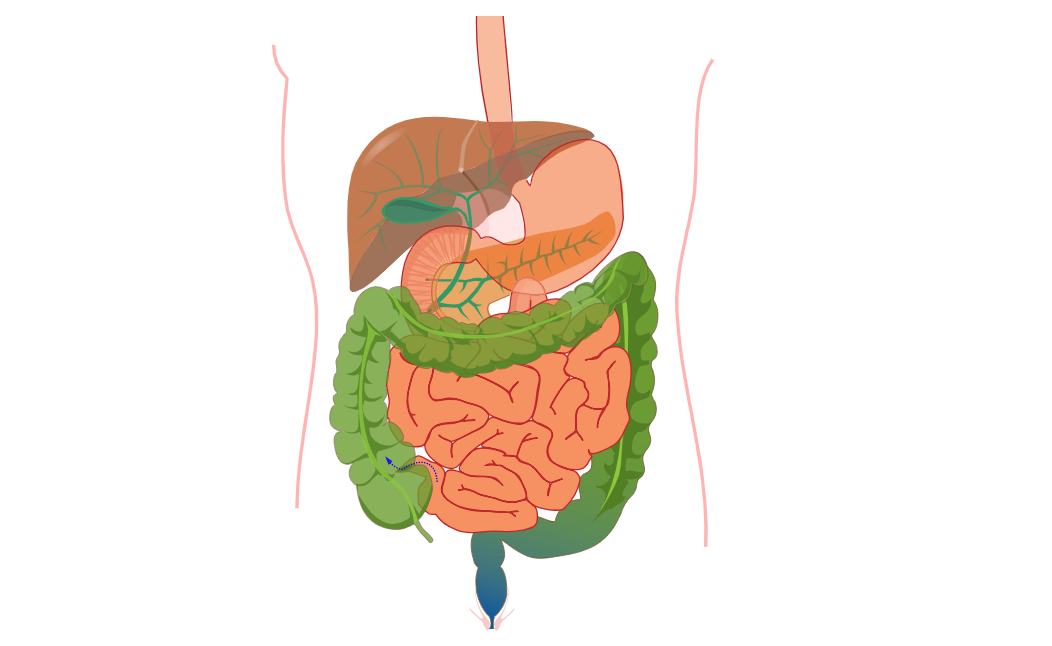Digestion is the process that allows the absorption of nutrients found in foods through their decomposition. In their natural state many of the food molecules are not soluble in water, so they cannot enter the intestine or the bloodstream - which is necessary for the circulation of nutrients through the body.
The human digestive system is composed of a set of structures that transport food, carry out the secretion of gastric acid, allow the absorption of nutrients and promote excretion. The mouth, pharynx, esophagus, stomach, and intestine (small and large) are some of the most relevant organs of the digestive system.
There are two types of digestion: chemical and mechanical. While in the first, enzymes break down food into molecules that can be used by the body, mechanical digestion is the previous step, whereby pieces of food are broken down into smaller pieces to make them absorbable.
Among the most relevant diseases and disorders affecting the digestive system are gastroenteritis, irritable bowel syndrome, peptic ulcer, celiac disease and stomach, esophagus or colon cancer.
